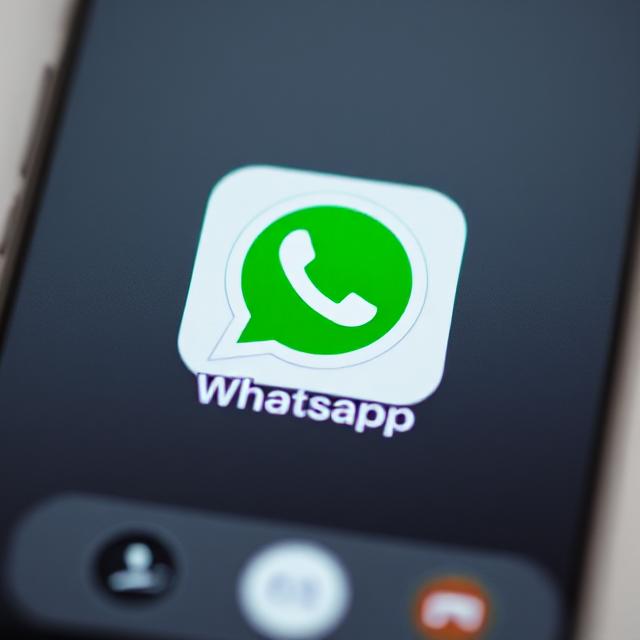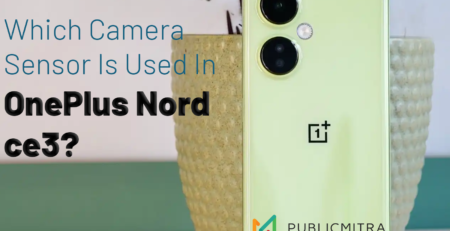Arattai vs WhatsApp: Made-in-India Messaging App Taking Over Social Networking
Introduction: Messaging Beyond WhatsApp – A New Challenger from India
For over a decade, WhatsApp has been the go-to instant messaging app across the globe. With over 2 billion users, it set the standard for connectivity. But today, a new wave is emerging — homegrown Indian apps that promise not just communication but also data sovereignty, privacy, and independence.
Enter Arattai, a secure, simple, and Made in India messaging app developed by Zoho. In September 2025, Arattai achieved a milestone by becoming the #1 app in the social networking category on the App Store, surpassing global giants like WhatsApp, Messenger, and Telegram.
Backed by Zoho’s legendary founder Sridhar Vembu, Arattai is being positioned as India’s answer to WhatsApp, aligning perfectly with Prime Minister Narendra Modi’s Atmanirbhar Bharat initiative. But how does it really compare with WhatsApp? And can it scale globally?
Let’s dive deep.
What is Arattai Instant Messaging App?
Arattai (meaning “chit-chat” in Tamil) is an instant messaging app developed by Zoho Corp.
- Free, lightweight, and designed for low-end smartphones.
- Tested to work on networks as low as 8 kilobits per second.
- Weekly updates from Zoho ensure constant improvements.
- Backed by India’s swadeshi tech ecosystem.
In a statement, Sridhar Vembu said:
“We have taken time because we have to make it work in low end phones, low bandwidth networks, offer outstanding privacy and security, and be very easy to use, all at the same time.”
This philosophy makes Arattai inclusive — not just for urban smartphone users but also for rural India, where data access is still inconsistent.
Why is WhatsApp So Popular?
Before we compare, it’s important to understand why WhatsApp still dominates:
- End-to-end encryption (though with data-sharing controversies with Meta).
- Cross-platform messaging (iOS, Android, Web).
- Rich ecosystem (voice calls, video calls, groups, payments, business API).
- Widespread adoption (network effect).
But with increasing privacy concerns, regulatory pressure in India, and rising costs for businesses via the WhatsApp Business API, there’s an opportunity for alternatives like Arattai.
WhatsApp vs Arattai: A Detailed Comparison
| Feature / Parameter | Arattai (Zoho) | |
|---|---|---|
| Origin | USA (Owned by Meta/Facebook) | India (Zoho Corp) |
| Cost | Free for users, Paid Business API | Completely Free (for now) |
| API & Access Control | Business API with fees per conversation | Not yet commercialized, open roadmap |
| Pricing & Billing | Businesses charged per message session | Free consumer model, ads-free promise |
| Data Privacy | Meta-controlled servers, data concerns | India-based, privacy-first, sovereign data |
| Connectivity & Scale | Works well on 3G+ networks | Optimized for low-bandwidth (8 kbps) |
| Independence | US corporate dependency | Open, Independent, Swadeshi |
| Popularity | 2+ billion users worldwide | #1 Social App on Indian App Store (2025) |
| Updates | Meta-driven roadmap | Weekly updates guided by Zoho engineers |
| Atmanirbhar Bharat Fit | No | Yes – aligned with India’s vision |
How Does Arattai Address Data & Privacy Concerns?
One of the biggest differentiators is privacy.
- WhatsApp has faced backlash over data sharing with Meta.
- India has repeatedly flagged concerns over server storage of user data outside the country.
- Arattai promises sovereign, India-first data storage with full transparency.
In an age where data is the new oil, Arattai’s positioning as a privacy-first messaging app resonates strongly with Indian users.
What Makes Arattai Truly “Made in India”?
- Developed fully by Zoho Corp, headquartered in Tamil Nadu.
- Tested on low-end devices and patchy Indian networks.
- Promoted under Atmanirbhar Bharat & Digital India missions.
- The name “Arattai” itself comes from a regional Indian language (Tamil).
This swadeshi positioning is more than branding — it’s about creating an alternative tech ecosystem.
How Does WhatsApp Handle API & Pricing vs Arattai?
WhatsApp:
- Charges businesses via Business API.
- Fees per 24-hour conversation window (varies by country).
- Heavily used for customer service, e-commerce, and marketing.
Arattai:
- Currently free and focused on consumer adoption.
- Plans to open APIs for enterprise integration in future.
- Promises greater flexibility and affordability compared to WhatsApp.
This could be game-changing for startups and SMEs in India who struggle with WhatsApp API’s high cost.
Can Arattai Compete with WhatsApp on Scale & Connectivity?
Yes, and here’s why:
- Arattai is optimized for low bandwidth → Works in rural India.
- Weekly updates → Feature parity is catching up fast.
- Zoho’s global infrastructure → Can scale to millions of users quickly.
Sridhar Vembu also confirmed they are investing heavily in scaling infrastructure, ensuring Arattai won’t lag when adoption skyrockets.
What Features Can We Expect Next in Arattai?
Zoho confirmed:
- Rich media sharing (photos, videos, documents).
- Voice & Video calls with better compression.
- Group chats & Communities.
- Enterprise-level integration with Zoho’s ecosystem (CRM, Projects, etc.).
- AI-powered privacy filters (future roadmap).
How Does Arattai Align with Atmanirbhar Bharat?
- Promotes swadeshi technology adoption.
- Reduces dependency on foreign-owned apps.
- Encourages data sovereignty in India.
- Symbolic of India’s growing digital independence, much like UPI did for payments.
This alignment gives Arattai political, social, and cultural tailwinds in India.
Is Arattai Only for India or Global?
While the initial user base is Indian, Zoho plans to take Arattai global.
- Focus first: India, South Asia, Africa (low bandwidth regions).
- Expansion next: Europe & US (privacy-focused consumers).
This mirrors how TikTok grew — starting in one region, then scaling worldwide.
Can Arattai Replace WhatsApp for Businesses?
Not yet — but potentially soon.
- WhatsApp Business API is still more mature.
- But Arattai could attract SMBs, startups, and Indian enterprises with lower pricing and Zoho integration.
- Once enterprise APIs open, Arattai could become a cheaper alternative.
Conclusion: Arattai vs WhatsApp – The Swadeshi Messaging Revolution
WhatsApp may still be the global leader, but Arattai represents something bigger than just messaging. It’s about digital independence, sovereignty, and inclusivity.
- For Indian users, Arattai offers privacy-first connectivity.
- For India’s digital economy, it reduces reliance on foreign-controlled platforms.
- For global users, it could soon become a credible alternative to WhatsApp.
As Sridhar Vembu said, Arattai is an example of patient engineering, built to last, not just trend.
And if it continues this trajectory, the question won’t be “Can Arattai compete with WhatsApp?” but rather:
👉 “When will Arattai overtake WhatsApp in India?”












